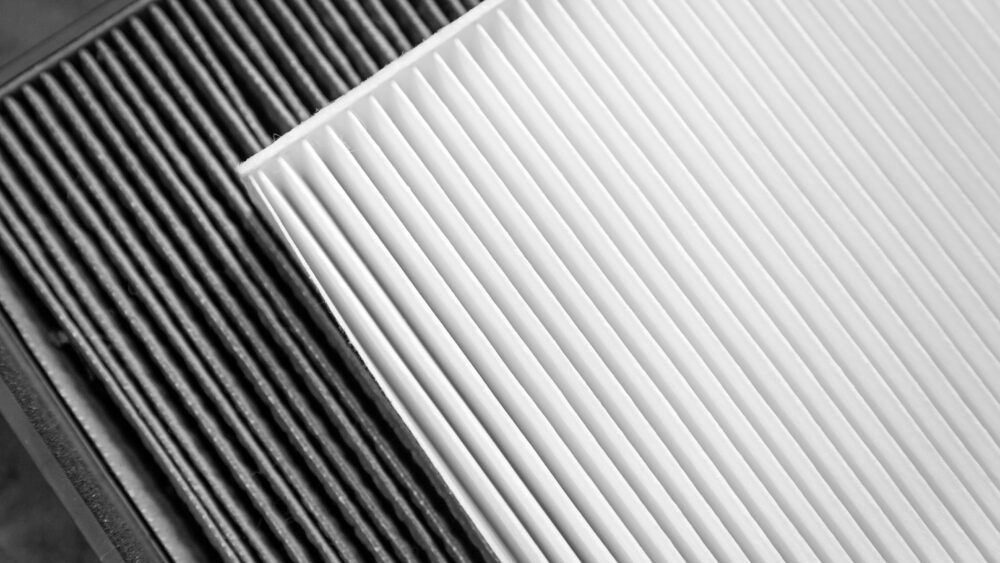Synopsis
Welding fume extractor filters are a key component to protecting you from toxic welding fumes. They trap airborne particulates captured by your welding fume extractor. As many welding and grinding processes today contain carcinogenic elements, fume extractors may often have several filters to remove as many impurities as possible. In this article, we will explore the different kinds of filters commonly found in welding fume extractors.
Fume Extractor Filter Modules
Your fume extractor may have several types of filters and understanding them is key to ensuring proper maintenance of your equipment.
- Pre-filter: The pre-filter captures larger particles before they reach the “paper” (a fiber weave) medium. Pre-filters can also act as a preliminary spark arrester.
- Main filter: These are designed to capture the majority of particulates from metalworking processes such as welding or grinding.
- After filter: Following the main filter, the after filter is designed to capture very small particles.
- HEPA filter: Known as the gold standard in filtration, a High-Efficiency Particulate Air filter can capture up to 99.995% of remaining particles.
How are filters rated?
Filters are rated using the Minimum Efficiency Reporting Value (MERV). MERV ratings start at 1 and go up to 16, depending on its ability to remove airborne contaminants. A higher MERV rating means cleaner air.
HEPA filters follow the same principle.
What kind of welding fume filter do I need?
The type of filter you need will depend largely on your welding process and material. For example: If you work with stainless steel, you will need a MERV 16 filter. Our MobilePro fume extractor comes standard with a MERV 16 filter and an optional HEPA filter.
Read our BRIEF on Filter Ratings here to learn more about the different filter ratings and how they relate to filtration efficiency and what it means for you.
When do I need to replace the filter?
Two basic measurements for knowing when you need to replace your filter are:
- How many hours do you spend welding or grinding
- How much flux do you consume while at work
Many of the fume extractors on our webshop have an indicator that will alert you when it is time to replace your filter.
Alternatively, you may have a self-cleaning filter system. In this case, compressed air is used to clear debris captured on the filter medium. The dust is then captured in a bin or compartment within your fume extractor system. These self-cleaning filters have a much longer life span than disposable filters.
Is there anything else that can affect my filter?
As the filter captures particles, the filter medium will become more clogged. This creates a drop in airflow, which means the motor and fan will need to speed up to maintain optimal airflow. This creates more wear and tear on your fume extractor system.
The following affect the lifespan of your filter:
- How long does it take for fine particles to form a cake
- Whether the fumes are oily or dry
How do I order new filters?
To order new filters, please select your filter package from this page.





Comments are closed.